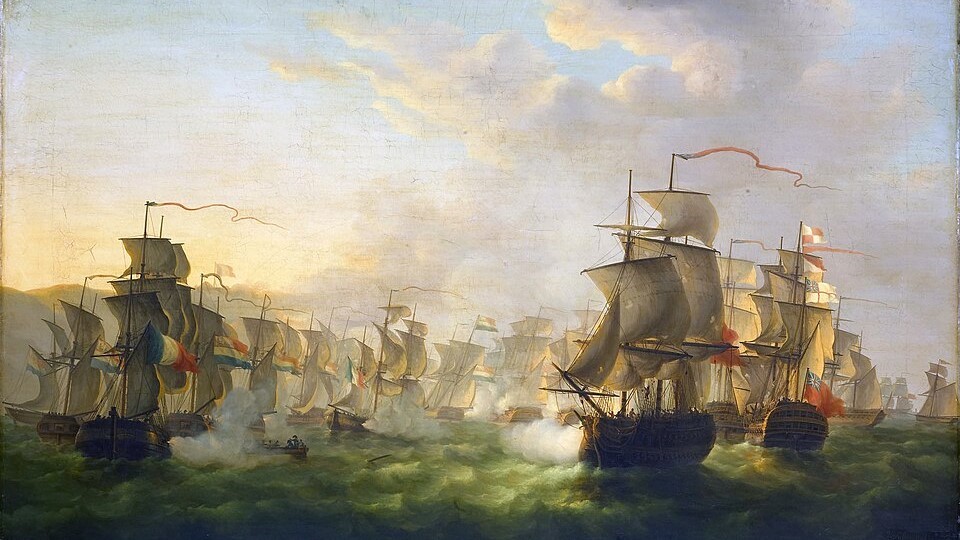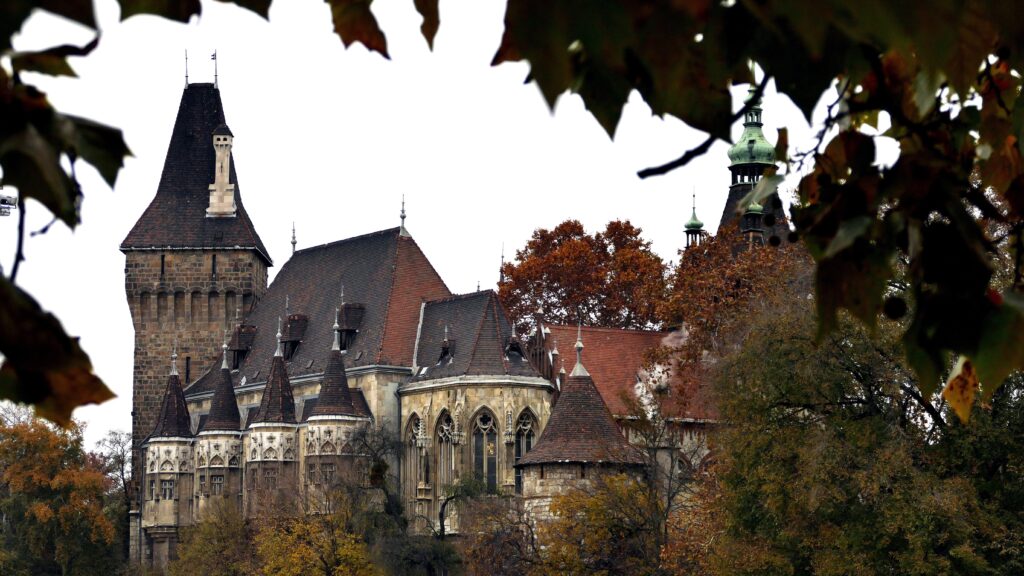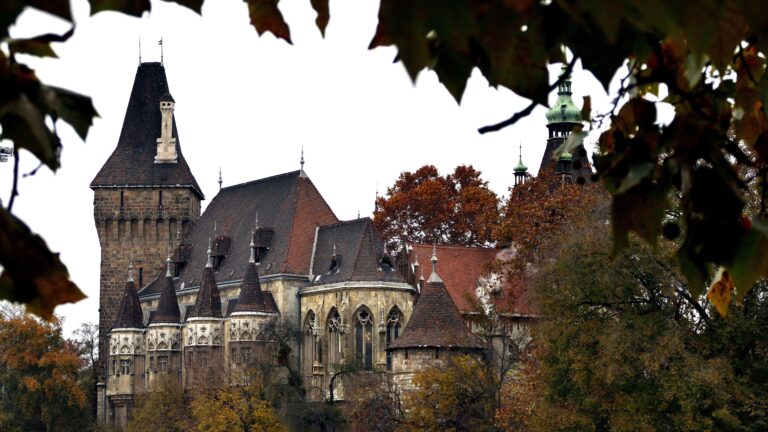The curse of liberalism is that it will eventually destroy an entity’s plurality. No matter if we talk about culture, cities or whole nations, when liberalism enters, particularity goes out the door.
Maybe that is why the student association Heimdal (named after a Viking god) in Uppsala, Sweden, has the motto ‘tradere et resistere’, meaning ‘to pass and to endure’. They were, in fact, the only conservative ‘institution’ in Sweden for around 30 years, from when conservatism died as an ideology in Sweden in the 80s to when it revived in the 2010s.
This is the reason Arvid Hallén, Program Director at Oikos, the Nordic country’s only conservative think tank, compared Heimdal to the Gallic village in the story of Asterix and Obelix about when much of France was occupied by the Romans.
At Heimdal, which has existed for 134 years, the roots of our culture’s particularity have endured because they have resisted change with time. In some delicate way, they followed the mantra of the English theologian William Ralph Inge, who warned the Church of England not to ‘marry the spirit of the age’, with the risk of finding themself to be a widower in the next.
But this attitude towards change does not agree with all conservatives. Not even Edmund Burke himself actually does so.
He advocated for an organic conservatism, meaning that change is inevitable, and conservatism is different during different eras. Therefore, conservatism, as Burke knew it, is constantly evolving.
It is true that, just like the world around us, everything is continually changing. But I would rather say, though, that change can occur at different speeds. Just as the not-so-conservative Vladimir Ilyich Lenin said: ‘There are decades where nothing happens; and there are weeks where decades happen.’
‘Change is inevitable, and conservatism is different during different eras’
An honest man cannot see why he would be wrong about this, but if it’s the case, some politically active conservative politicians (and others) would have it difficult to continue to consider themself to be true conservatives.
Since I’ve been involved in politics, I have noticed that older, and often more knowledgeable, individuals discussing conservatism tend to focus on the literal act of social conservation. They would in every way argue for what Burke called the principle of prudence, solely focusing on that more or less as the only way forward for conservatism, when it was mostly just an argument, for Burke, against revolutionary methods.
In Sweden, for example, this logic of conservatism would mean conserving the socialist Sweden of 1980. A few Swedish ‘conservatives’ would openly admit this is their goal in some way.
There is nothing conservative about such a time in place at all. But such an attitude is not limited to certain conservatives in Sweden. It is endemic across the Western world, with many referring to Burke’s writings as justification for their views.
However, Burke’s main critique of the French Revolution is against the revolutionary spirit that came with it. Similar to a lot of modern conservatives, he’s put way more value and trust in the historically tested and proven institutions of society rather than in the new progressive ideas of liberal men. And that was right, of course, in that moment.
But when modern conservatives think back to that one time they read Burke’s book 10–15 years ago, they miss the most obvious issue of them all. In contrast to Burke’s revolution, the Jacobins’ success was against a conservative ancient regimé, but today we are facing a progressive, always-lasting one.
‘There are decades where nothing happens; and there are weeks where decades happen’
If we are truly conservatives today, then we must want to revolt against this contemporary, anti-conservative world. Does anyone seriously believe that Burke would want to conserve what we have right now? Of course not. So, reading Burke, modern conservatives should instead focus on what Burke writes in the very end of his reflections:
‘When the equipoise of the vessel in which he sails may be endangered by overloading it upon one side, [it] is desirous of carrying the small weight of his reasons to that which may preserve its equipoise.’
They could also read some work of Sir Roger Scruton. He wrote that the correct way to respond to the tangible threats against the Western world is not to assert the supremacy of our current liberal order or secular state, but rather to rediscover ourselves and, through that, adopt a comprehensive cultural conservative approach.
If the world is radical enough, more radical changes may be necessary to conserve what we love. What we know, for a fact, has no monetary price, is hardly built but easily destroyed.
So in our days, just like G K Chesterton writes, the most conservative one can be is to be radical.
But we don’t even need to use that word if the older generation of conservatives gets an allergic reaction to it. Instead, let’s use the term vigilant in a Chestertonian interpretation.
After all, as Chesterton writes, conservatism is based upon the idea that if you leave things alone, you leave them as they are, you also leave it to a torrent of change. If you leave a white post alone, it will soon turn black. Therefore, if you particularly want it to be white, you must constantly be repainting it; that is, you must always be having a revolution if necessary.
To conclude, since the world is constantly changing, things also fall apart. True conservatives must therefore be vigilant and active, because there is a standard we are aiming for, and we cannot reach it by merely trying to maintain the status quo. As defenders of our own culture, identity, people, and way of life, the conservative position can never be a static one. Giving meaning to the Heimdal motto, tradere et resistere, we must understand that in order to have something to pass on, we must also resist the temptation to conserve what radical progressivism has created. Otherwise, one day we may be reduced to one small Gallic village again.
Related articles:







